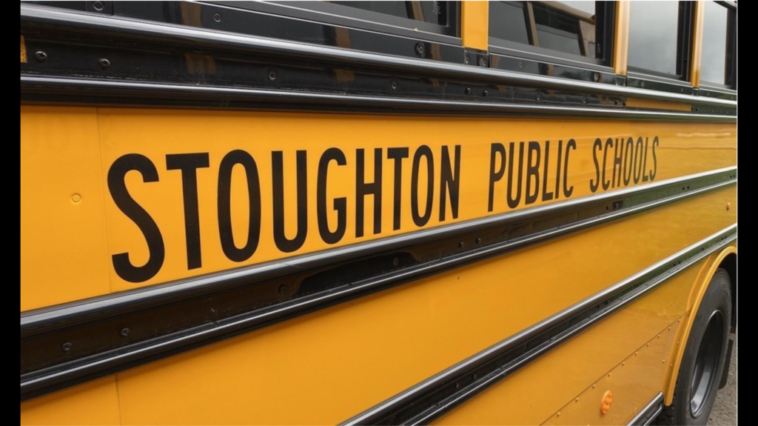
Last week, the parents of 150 students from Stoughton Public Schools, a school district outside of Boston, were informed that a lack of funding and a shortage of buses and drivers have left them without school bus service.
According to the Boston Herald, the news comes at the same time that the state has started paying for the buses of students of more than 200 migrant families.
A letter sent to parents from Superintendent of Schools Joseph Baeta read, “Finalizing the bus routes and the list of students riding the bus is one of the signs the start of the school year is near.”
“Unfortunately, for the upcoming 2024-2025 school year, 150 secondary students who signed up to ride a bus were not able to be placed on a bus. Those families not receiving bus transportation were notified this week. Those receiving bus transportation will receive their bus postcards the week of August 19.”
“We understand the feelings of disappointment and frustration this caused for the families who did not receive bus transportation. We feel it is important to explain this situation to all of our families to allow you to better understand how we arrived at this point.”
The letter cited an increase in bus transportation applications, but budget restraints resulted in the district having one fewer bus than the prior year.
Fox News notes that there is no requirement in the state of Massachusetts to provide transportation for students in grades 7-12, but the district is required to provide busing to students living in hotels and shelters.
Baeta says, however, the influx of migrants is not the reason for the shortage.
“We are utilizing funding the state provides to the district to bus the students living in hotels/shelters.”
“The funding for these two buses does not come from our operational budget. It is inaccurate to suggest that these children receiving busing is the reason yours did not. If we were not receiving the funding from the state for the students living in hotels/shelters, we would not be able to have these two additional buses.”
However, it appears that the extra funding does come from the state of Massachusetts, which made the decision on which students to prioritize.
Despite his recent comments, in a March letter to parents, Baeta acknowledged an uptick in migrants as a contributor to “financial pressures.”
Baeta wrote, “The district is seeing an increase in PreK-12 enrollment, including in our migrant student population, and unprecedented pressures in special education, transportation, and services for English Learners.”

